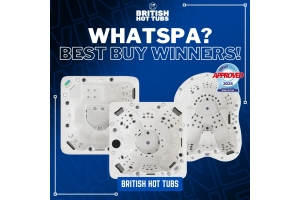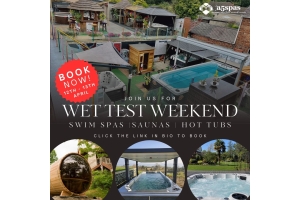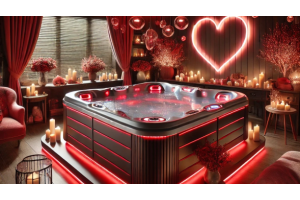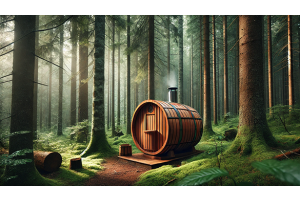What is the most energy efficient hot tub?
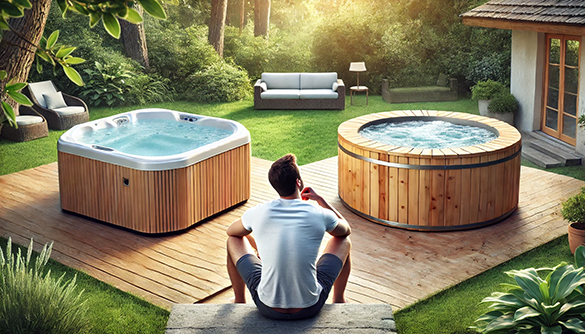
When it comes to energy efficiency in hot tubs, several factors contribute to overall performance: insulation quality, pump and motor efficiency, heating systems, and cover effectiveness.
Some hot tub brands are particularly known for focusing on energy-efficienty.
Beachcomber Hot Tubs are the only manufacturer in the world to insulate inside all four sides of the hot tub cabinet with Icynene foam, which has the greatest insulating effectiveness.
Independent reports support Beachcomber’s Eco design method of this Cavity Fill insulation.
Along with saving you money on energy costs, the insulation allows the Hybrid4™ hot tub pump technology to run at a consistent temperature, which ensures long equipment life, and maintains your desired water temperature.
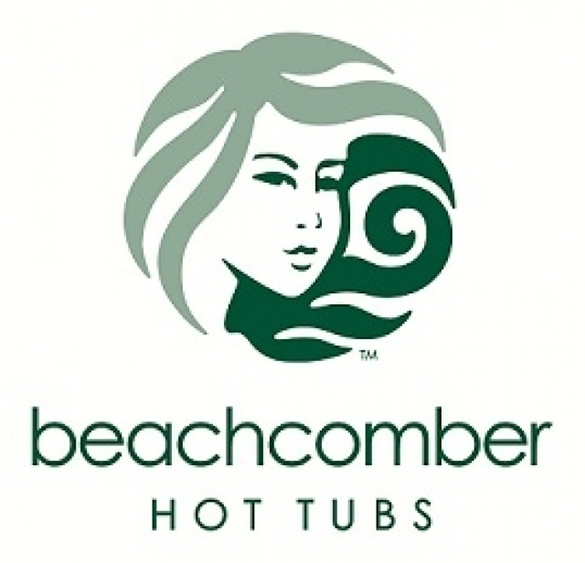



British Hot Tubs: have combined with 3 different types of hot tub insulation used in the industry as standard.
This type of insulation called EcoZone offers a balance between energy efficiency insulation and accessibility to the hot tub's components for maintenance.
Alongside the filtration system, PureZone is used, which is an inbuilt pressurised filtration where the filter is outside of the bathing area.
This system has been proved and tested to be 80% more effective than the industry standard skimmer filtration system.
Hot Spring is known for its focus on energy-efficient designs through advanced insulation materials and energy-smart controls.
Their EnergySmart® system includes features like well-insulated cabinets and custom-fit covers that trap heat.




Bullfrog Hot tubs often highlight their JetPak Therapy System, which reduces the number of pipes and requires less energy to operate.
Their design reduces plumbing friction loss and improves efficiency.
Jacuzzi offers a wide range of hot tubs that include energy-efficient features like full foam insulation and smart filters for optimising energy usage and maintaining consistent water temperature.
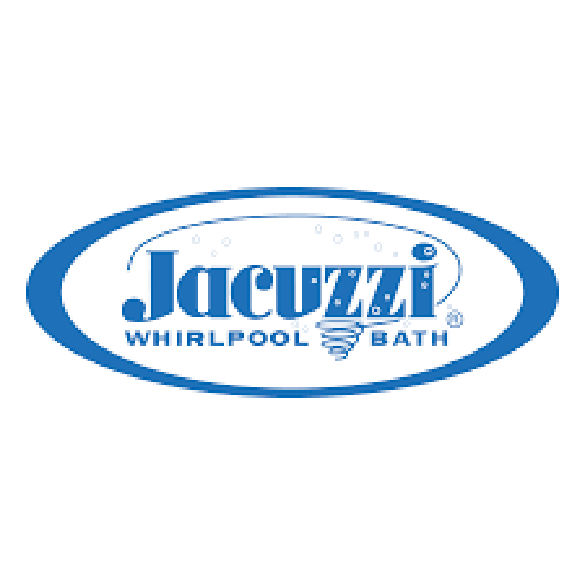

Overall, if energy efficiency is a priority, make sure to look for features such as:
Full Foam Insulation: Helps retain heat and reduces energy costs.
Effective Filtration System: Produces cleaner and clearer water. This will also mean that your hot tub water will last longer and less draining, refilling and reheating.
Proficient Sanitation Systems: in-line, built-in water treatment methods will reduce the amount of chemicals required to make sure that your hot tub water is hygienic.
Efficient Covers: A high-quality cover is crucial for maintaining heat when the hot tub is not in use.
Variable-Speed Pumps: More energy-efficient compared to traditional single-speed pumps.
Modern heaters with advanced technology will heat the water faster and maintain temperature efficiently.
It’s also a good idea to speak with a brand ambassador or visit local showrooms and inspect models that are filled and on display.
If the dealers do not display hot tubs or have any filled and heating, perhaps ask yourself 'does the dealer understand the features or know if the features they advertise even work?'

